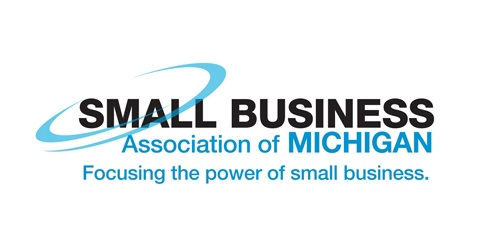U.S. Senate candidate Mallory McMorrow (D-Royal Oak) reported Wednesday raising more than $1.65 million in the third quarter of 2025, bringing her fundraising haul since she announced in April to more than $3.75 million, despite refusing political action committee (PAC) money. By comparison, eventual winning Democratic U.S. Senate candidate Elissa Slotkin (D-Holly) raised nearly $3 million in the third quarter of 2023, giving her $5 million in cash on hand up to that point. McMorrow, a sitting state Senator, said she’s received 26,000 individual donations from people living in all 83 Michigan counties and in all 50 U.S. states. Overall, she’s had more than 48,000 individual contributions. Her campaign says 97 percent of the donations were $100 or less, with the average contribution being $39. Democratic Candidates In CD-7 Show Their 3Q Cards On the day following Tuesday’s third quarter reporting deadline, all three major Democratic candidates for the 7th Congressional District were eager to share the fundraising numbers for the time period between July 1 and September 30. The incumbent is first-term U.S. Rep. Tom Barrett (R-Charlotte). First up, former Ukraine Ambassador Bridget Brink announced more than $600,000 raised in the second quarter of her campaign, giving her $1.1 million raised overall. She brought in more than a half million dollars in less than two weeks this summer. She said she has 6,200 donors with nearly 80% of the contributions being $25 or less. Meanwhile, former Navy Seal Matt Maasdam announced that he’s raised more than $610,000 in his first quarter of his campaign. He’s reporting that 96 percent of his contributions are $100 or less. He has pledged not to take corporate PAC money. Also, grassroots activist William Lawrence announced raising more than $220,000 in the first five weeks of his campaign. He’s claiming that he’s the first candidate with “a volunteer program to reach voters across the district.” | 












